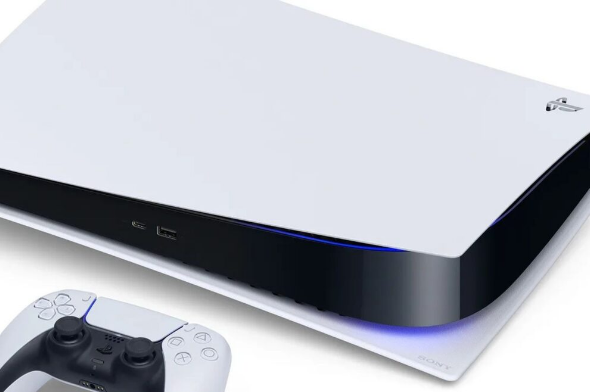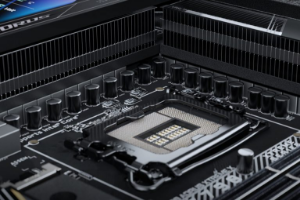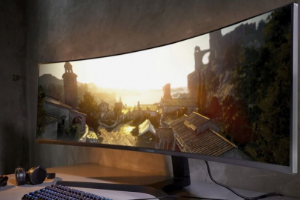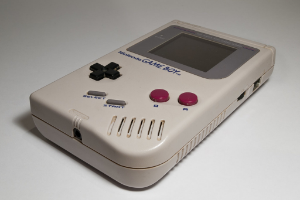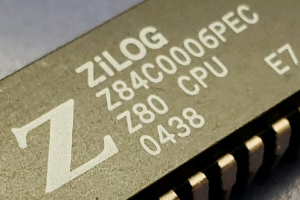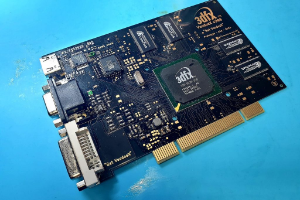Connection to DriversCloudCreate a DriversCloud.com accountReset your DriversCloud.com passwordAccount migration
Sony officially allows an additional SSD to be added to its PlayStation 5
A long-planned feature, but still reserved for beta testers only.
Launched in two stages on November 12 and 19, the PlayStation 5 is currently the best-selling ninth-generation console, with more than 10 million units already sold by Sony, despite the shortages that the Japanese company is also experiencing. In order to ensure the fastest possible access to games, the machine is distributed with an internal NVMe SSD storage unit capable of offering speeds of around 5.5 GB/s. The problem is that the capacity is limited, and you have to make do with 825 GB, of which only 667 GB is actually accessible. Very little compared to the requirements of the biggest productions of the moment.
Logically, Sony has planned to get around this limitation and as soon as the PlayStation 5 was released, we knew that it could accept a second SSD. Sony has created a small space where another NVMe module can be connected, but for the time being, this access was blocked. In fact, a software update is required for the thing to be functional, and this has just been rolled out by Sony, provided that you are part of the PlayStation 5 beta test program. If you're interested, you should know that it's not very complicated: you just need to follow the instructions presented by Sony on its official website.
The manufacturer takes this opportunity to remind you that the free SSD slot of the PlayStation 5 requires a storage unit in M.2 format of type 2230, 2242, 2280 or 22110. The SSD must be compatible with the PCI Express Gen4 x4 interface and offer a capacity of between 250 GB and 4 TB. In addition, Sony stresses that it is preferable to have a solution with a heat sink, but specifies that certain dimensions must be respected: the SSD must measure less than 110 x 25 x 11.25 millimeters, including the heat sink. Of course, beyond the NVMe SSD, the PlayStation 5 also accepts external USB devices, but then the thing will be significantly slower.
